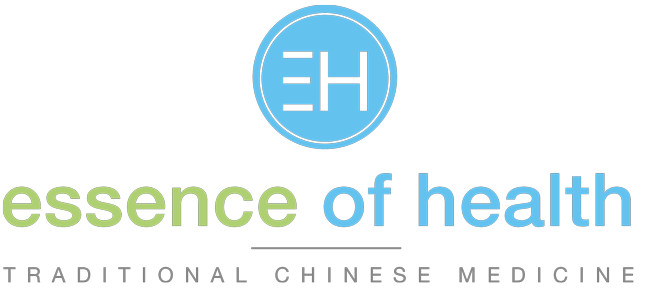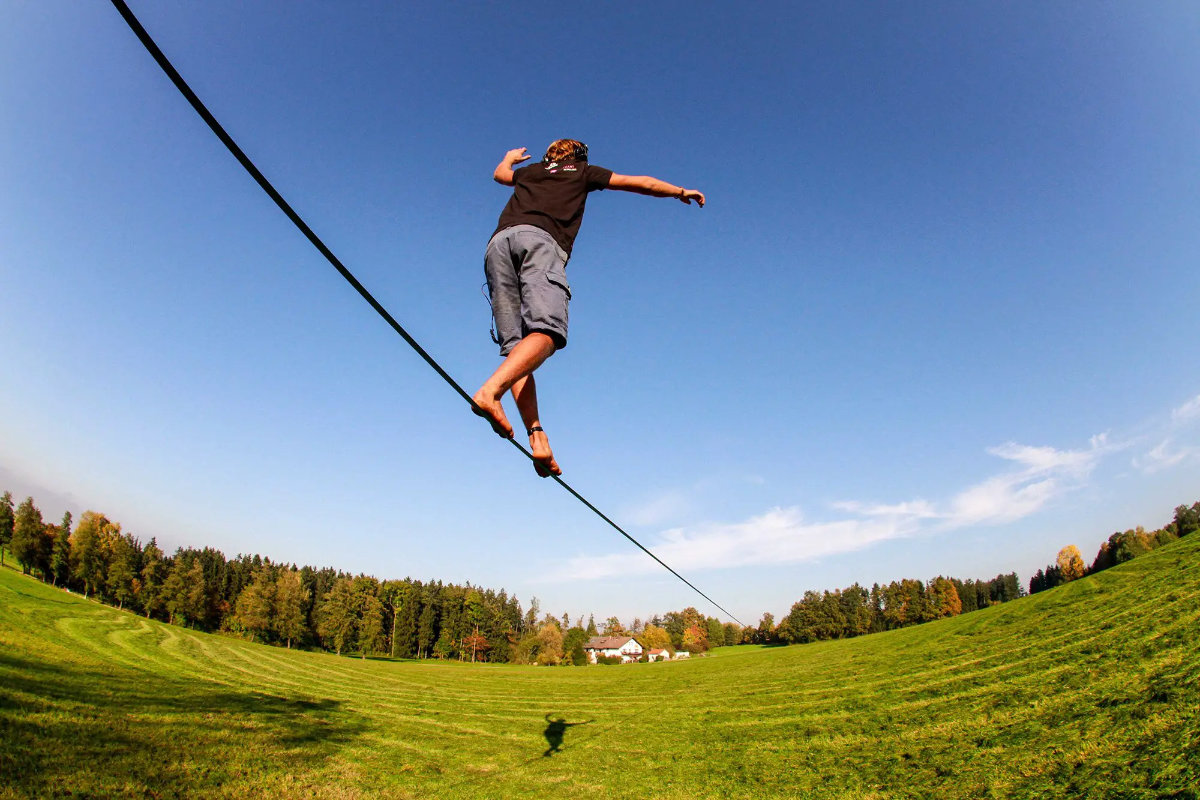Overall balance is the key to health
Traditional Chinese Medicine (TCM) is a thousand-year-old medicine rooted in Taoist philosophy. According to this tradition, the human being is part of Nature and obeys his cycles like all beings and phenomena.
Therefore, to be in good health, Man must live in harmony with Nature and respect its laws. In other words, he must seek balance and harmony in all areas of life.
7 pillars to preserve health
Maintaining health and longevity has been for thousands of years the quest of ancient Taoists. To achieve this they recommended following the “Seven Pillars to Preserve Health” which invite to know how to:
-
- eat
- move
- breathe
- rest
- make love
- manage our emotions
- respect the laws of nature
These 7 pillars are more relevant than ever. Chinese medicine is a holistic medicine. Staying in good health requires treating the physical body with respect through healthy food, exercise and rest … But it also requires knowing how to control one’s mind and emotions, emotional disorders being considered a major source of imbalance, and therefore diseases. Environmental factors such as climate and place of residence also have a major impact on health. This is why the art of Feng Shui is also considered as one of the tools of Chinese medicine.
Man between Heaven and Earth
According to the Taoist tradition, man is a microcosm of Nature, a miniature universe. Man represents the link between Heaven and Earth. To be balanced he must accept his dual nature, material (symbolized by the Earth) and spiritual (symbolized by heaven or cosmos). It must feed its material and spiritual needs.
This duality is the basis of the Yin / Yang theory, symbolized by the famous Tai chi sign. Yin is the principle relating to the Earth and the material world, Yang is relative to Heaven and to the subtle or immaterial aspect of life. The Tai Chi sign represents the way in which the complementary yin and yang principles are transformed and evolve in a perpetual search for balance.
Life is movement
All manifestations of life in the universe obey this rule. Life is movement: “Anything observable by the senses is subject to change and therefore movement … we can not command the winds and waves to stop, but one can learn to navigate the dangerous currents by behaving in harmony with the transformative energies under way, and thus in the storms of life. “says the famous book of I Ching also called classic changes.
Living in harmony with Nature requires Man to adapt and follow the flow of life, not to try to control Nature, or to ignore it. To represent these perpetual transformations in Nature, Chinese medicine has created the theory of the five elements.
The five elements or five movements are: wood, fire, earth, metal, and water. Each element represents a specific movement and quality of qi (or vital energy). These five movements or elements are linked by different types of cycles within a harmonious and balanced system.
According to TCM, Yin and Yang must be in balance, as are the five elements. When imbalances appear, health is affected. Chinese medicine uses these principles and models to carry out its diagnosis. She then uses different tools to restore balance so that the body finds its own path to self-healing. These tools are: dietetics, remedies, acupuncture, cupping and moxas, tuina massage, qi gong.



0 Comments